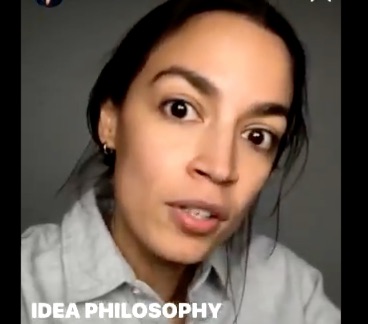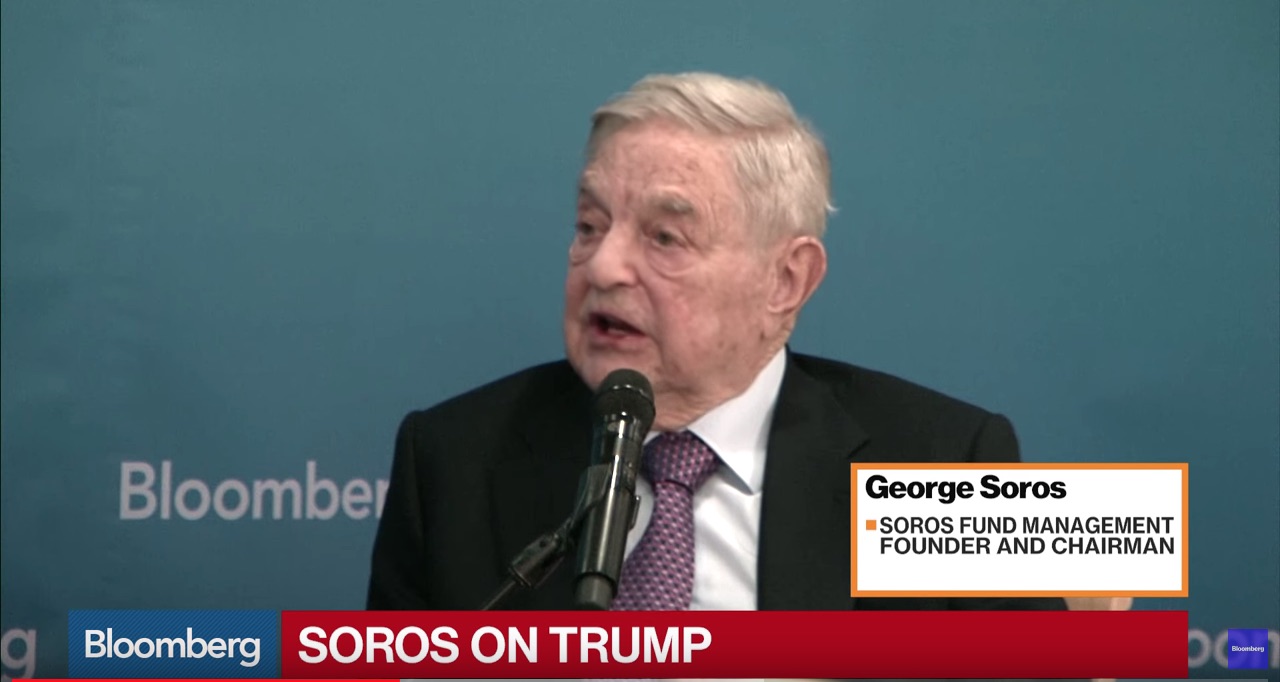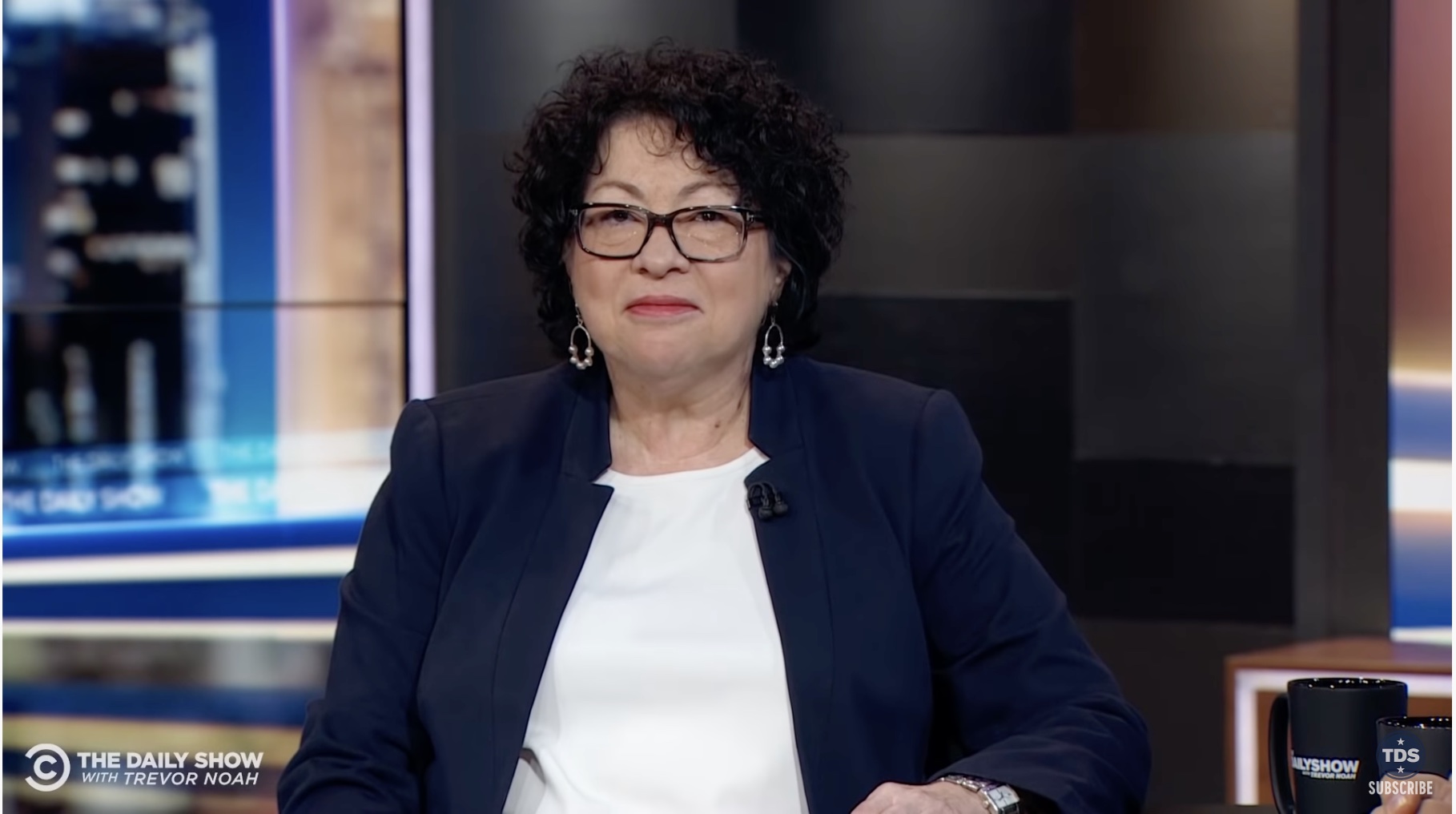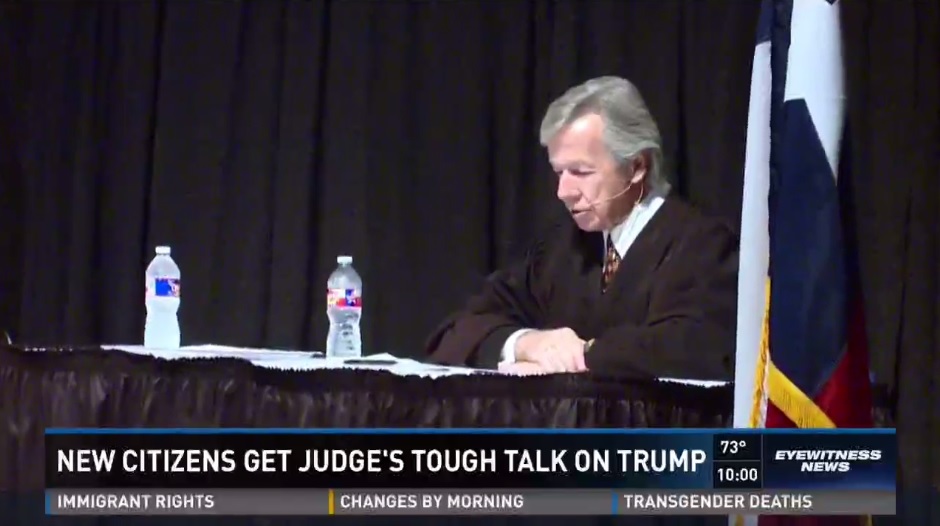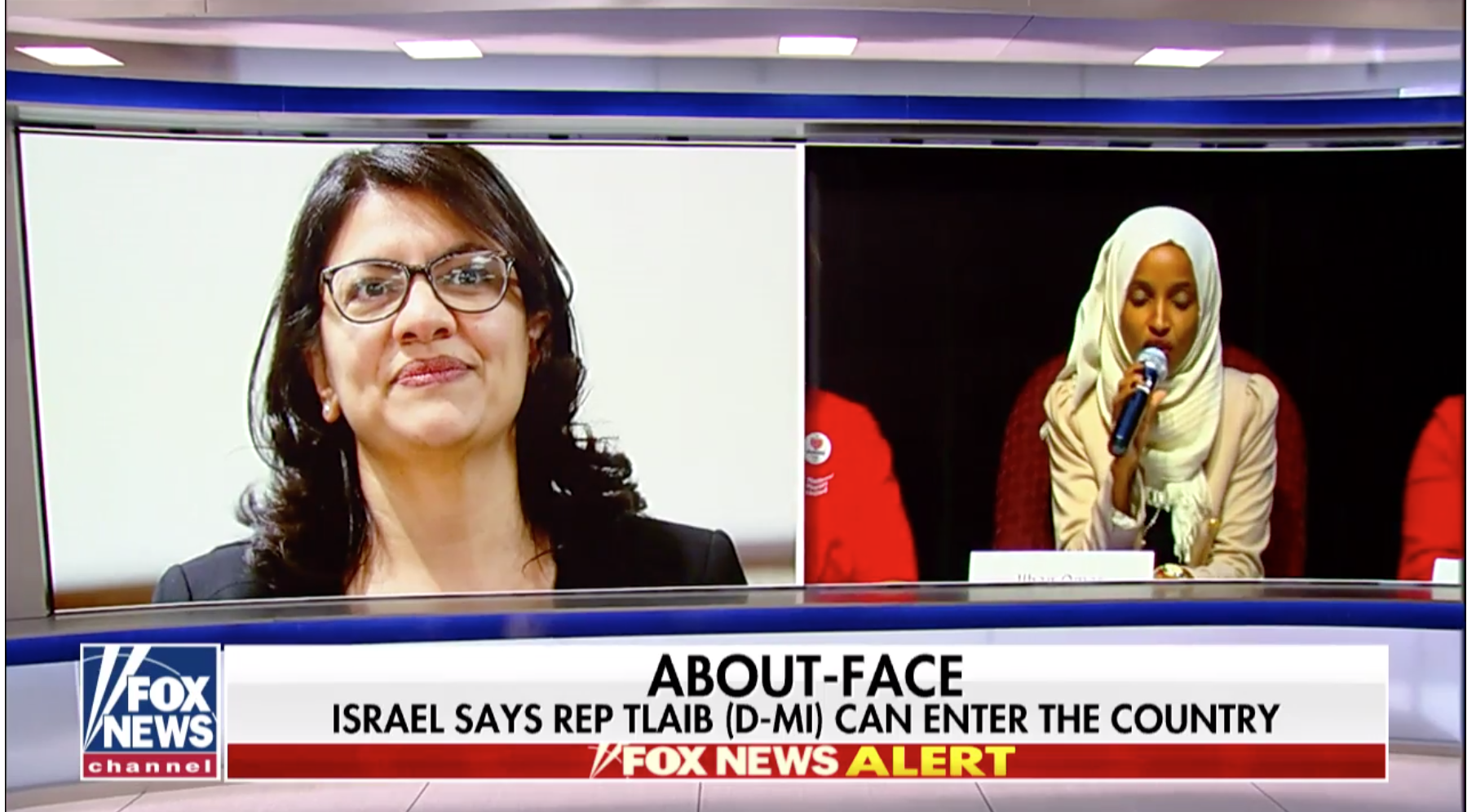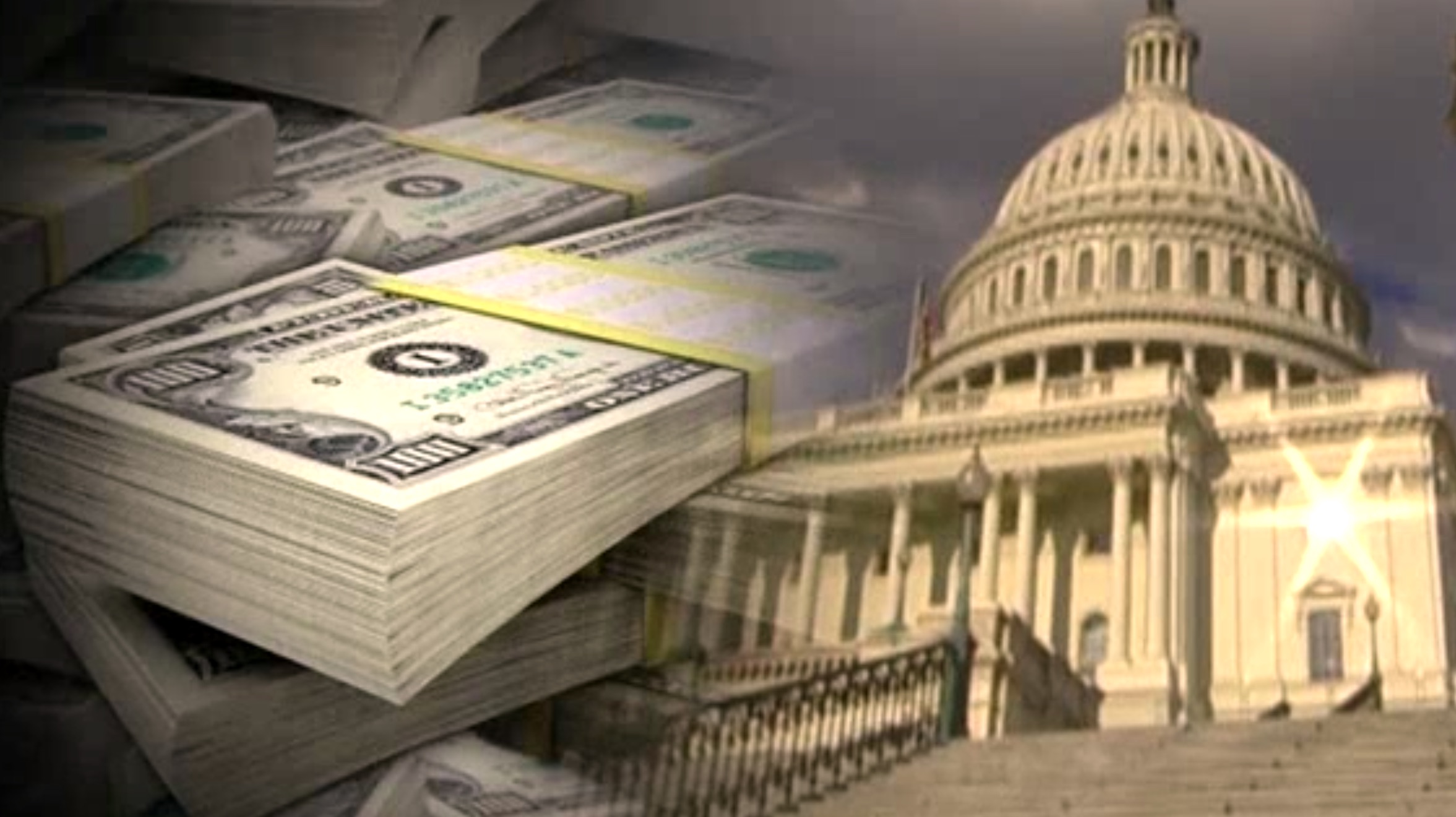
Commentary by Charles Lipson originally published by RealClearPolitics and RealClearWire
“I don’t want any yes-men around me,” said Sam Goldwyn, the Hollywood producer famed for his movies and malapropisms. “I want everybody to tell me the truth even if it costs them their job.” The brass at National Public Radio must have heard Sam, but they add a slight amendment. We want only “yes-men” (they/them) and will boot anyone who dares to dissent.
Lest there be any doubt, NPR just proved it by suspending, without pay, the staffer who exposed the pervasive problems there. He dared to write publicly that that National Public Radio was uniformly ideological, deeply committed to its strident left-wing views, and determined to exclude any alternatives. For saying that out loud, they cut off Uri Berliner’s paycheck for five days. It’s their way of saying, “Thank you for your feedback.” Q.E.D.
Berliner, disgusted by NPR’s response, resigned Wednesday with a fiery statement: “I cannot work in a newsroom where I am disparaged.” Who could?
There are really two problems here, not one, and they go well beyond one journalist’s resignation. The first is political bias, which is a problem at all “elite” networks and newspapers, where “hard news” is heavily slanted. The second is that some of these outlets, notably NPR, PBS (the Public Broadcasting System) and their local affiliates, receive taxpayer funding.
Let’s take political bias first. It was once a cardinal rule of journalism that partisan or ideological viewpoints should be confined to editorials and opinion columns. The goal was to keep editorial views out of hard-news reporting, as much as possible. To do it, the editorial staff constantly fought with the business team, who wanted coverage to favor their advertisers.
Those days are long gone and so is even the ideal of unbiased coverage. We have returned to an earlier era when American newspapers were closely affiliated with political parties and local political machines and covered the news to favor them. Today’s newsrooms have revived that stance. They are as ideologically driven as a gender-studies class at Smith College. If you depart from that ideology, you are out, like Bari Weiss at the New York Times.
Because newsrooms now have so few dissenting voices, reporters and editors live inside the bubble and hardly notice their surroundings. If they do, they are determined to preserve that insularity.
The fragmentation of today’s media landscape encourages these strong, partisan stances. Newspapers, magazines, cable networks, and podcasts know the market is finely sliced. They have strong incentives to choose a narrow slice for themselves and appeal to it by confirming their audience’s bias, not challenging it. That’s as true for right-wing talk radio as it is for left-wing public radio.
Just as elite attitudes have moved further left, so have elite publications and broadcasts. Since the Democratic Party has trod that same path, even as Republicans have become more nationalist and populist, the bias in elite newsrooms has naturally moved further left. That includes outlets like NPR and PBS. Their audience drives EVs, not Ford F-150s.
What makes this bias a policy issue is that NPR, PBS, and their local outlets receive taxpayer money. They shouldn’t. It was justifiable for educational programming. It cannot be justified for news or entertainment.
Read the entire commentary here.
__________
Charles Lipson is the Peter B. Ritzma Professor of Political Science Emeritus at the University of Chicago, where he founded the Program on International Politics, Economics, and Security. He can be reached at charles.lipson@gmail.com.
This article was originally published by RealClearPolitics and made available via RealClearWire.


